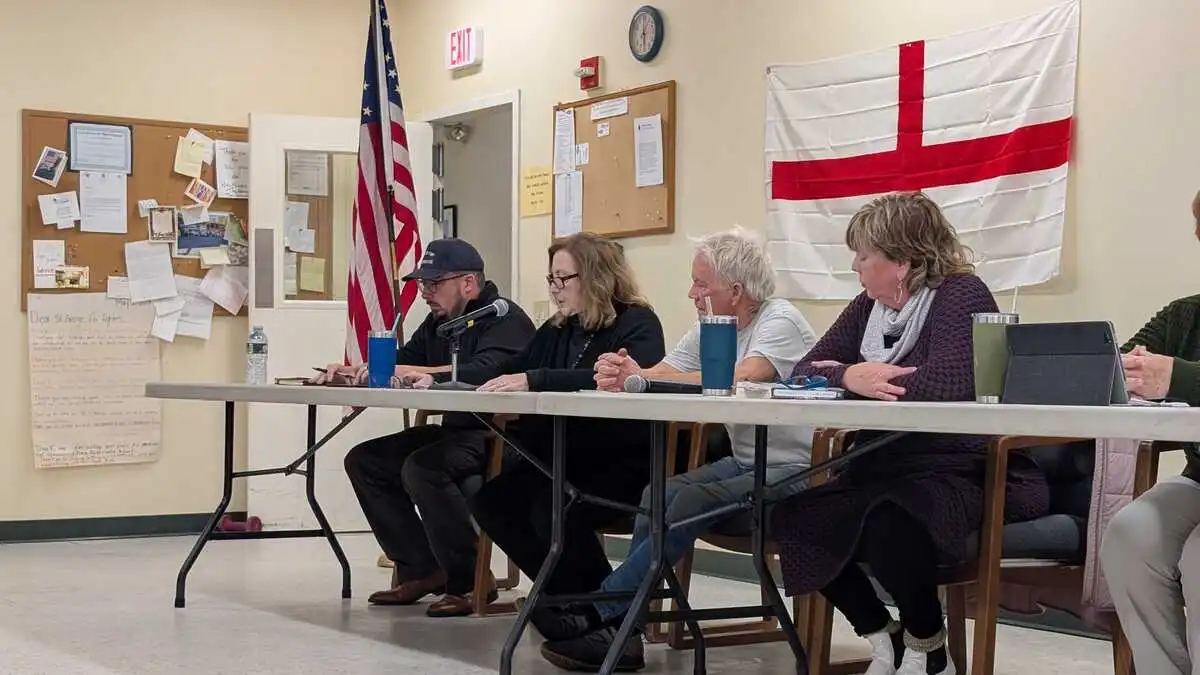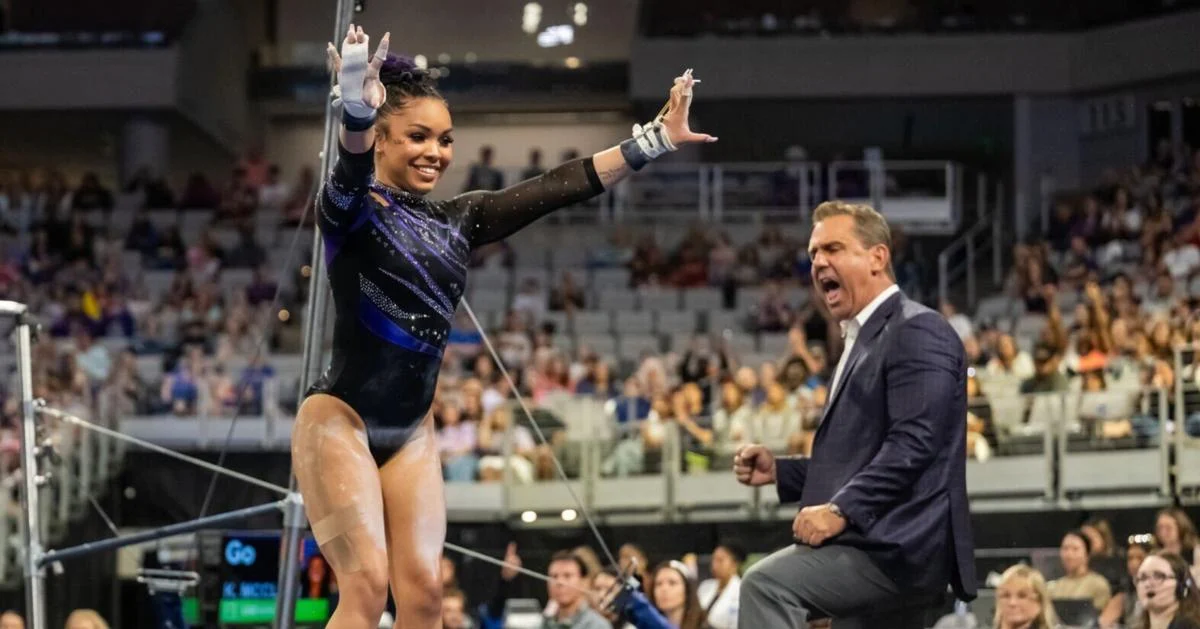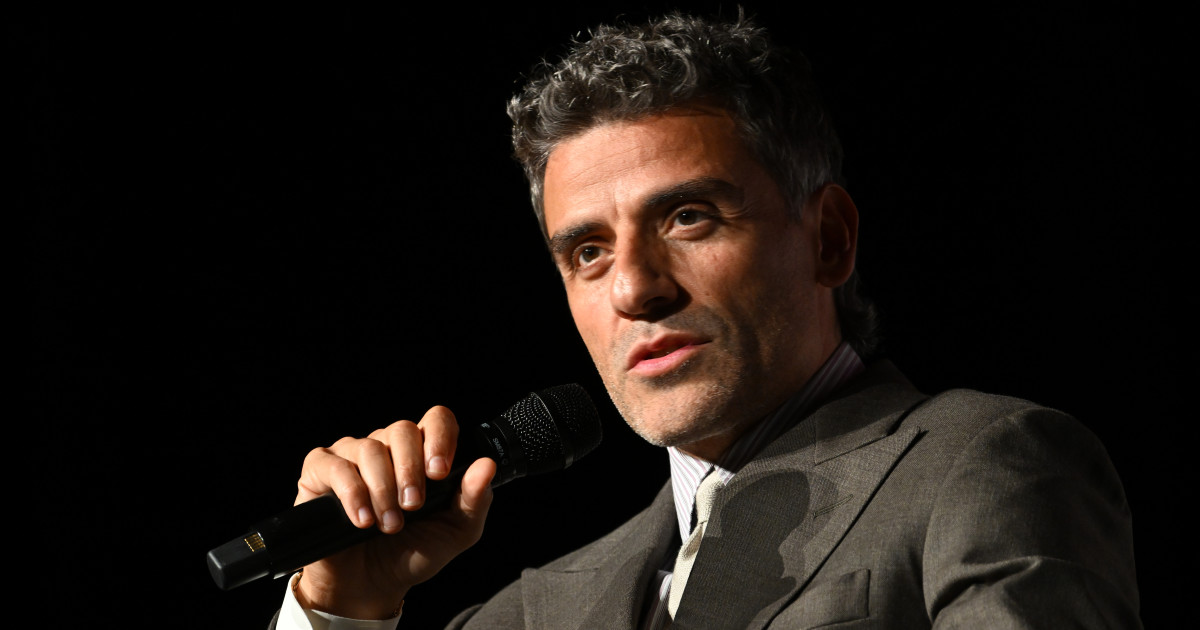Copyright Bangor Daily News

Officials in St. George approved letting a transgender child compete alongside girls in a youth basketball league at a packed Monday meeting that was watched by state regulators. The 3-2 vote came after parents crowded a selectmen meeting last week to protest the child’s place on a recreational team for third and fourth graders that is run by the town. The issue was not on that agenda, leading officials to call this meeting for the sole purpose of discussing it. The episode is an outgrowth of President Donald Trump’s battle with Maine and other states that provide protections for transgender students under civil rights laws. That was prompted by a small number of transgender high-school athletes competing in girls sports here, but the debate in St. George stands out because of the young age of the athlete. In St. George, a crowd of roughly 200 residents, parents, and activists from elsewhere in the state gathered Monday. As residents filed in, several milled through the folding chairs to pass out transgender pride flags, pins, and stickers. Allen Sarvinas, an activist behind many transgender policy changes in the state, passed out pamphlets on parents’ rights. By the time the meeting began, most of the crowd in the solidly Democratic town made its culture war allegiance clear by donning a pink and blue pride sticker or gripping an informational handout on conservative school board policy. Sitting alongside those with pride regalia was Marty Pelham, a Rockland pastor who identifies as non-binary and said they know the family of the transgender child. “We are all created in love; we are all created different,” they said. “I do not personally believe that anyone is being harmed by this child playing sports with the gender that they identify with.” On the conservative side, Emily Chadwick, a school board member who spearheaded the local push to separate the transgender child from the girls team, said that allowing the child on the team would be akin to discrimination against girls. “As a mother of six, my first responsibility is to protect my children, not out of division or anger, but out of love,” she said. It was relatively clear from the meeting’s beginning that officials would vote to uphold the Maine Human Rights Act, which bans discrimination against transgender people. The board’s chair invited Colin Hurd, a representative from the Maine Human Rights Commission, which enforces the act, to outline the law’s meaning. Maine’s law and others like it across the country have become a flashpoint. It led to a heated exchange between Trump and Gov. Janet Mills in February, which was followed by federal funding cuts and a lawsuit from the Department of Justice that will go to trial next year. The Trump administration’s position is that Title IX, the landmark statute against sex discrimination in education, requires that transgender athletes play alongside those sharing their biological sex, rather than their gender identity. That stance fueled policy changes in at least eight Maine school districts this year, though many school board officials have expressed reluctance to change their policies before the apparent conflict with the federal interpretation of Title IX is resolved by the courts. Since the St. George team in question is run by the town, there is a question about whether the law applies. Following the advice of its lawyers and the representatives of the Human Rights Commission, a majority of the select board voted to allow the child to play on the girls team. “I’m always going to vote to follow the law,” Chair Jane Conrad said ahead of the vote. “As of today, this is the law in Maine.” Daniel O’Connor is a Report for America corps member who covers rural government as part of the partnership between the Bangor Daily News and The Maine Monitor, with additional support from BDN and Monitor readers.



